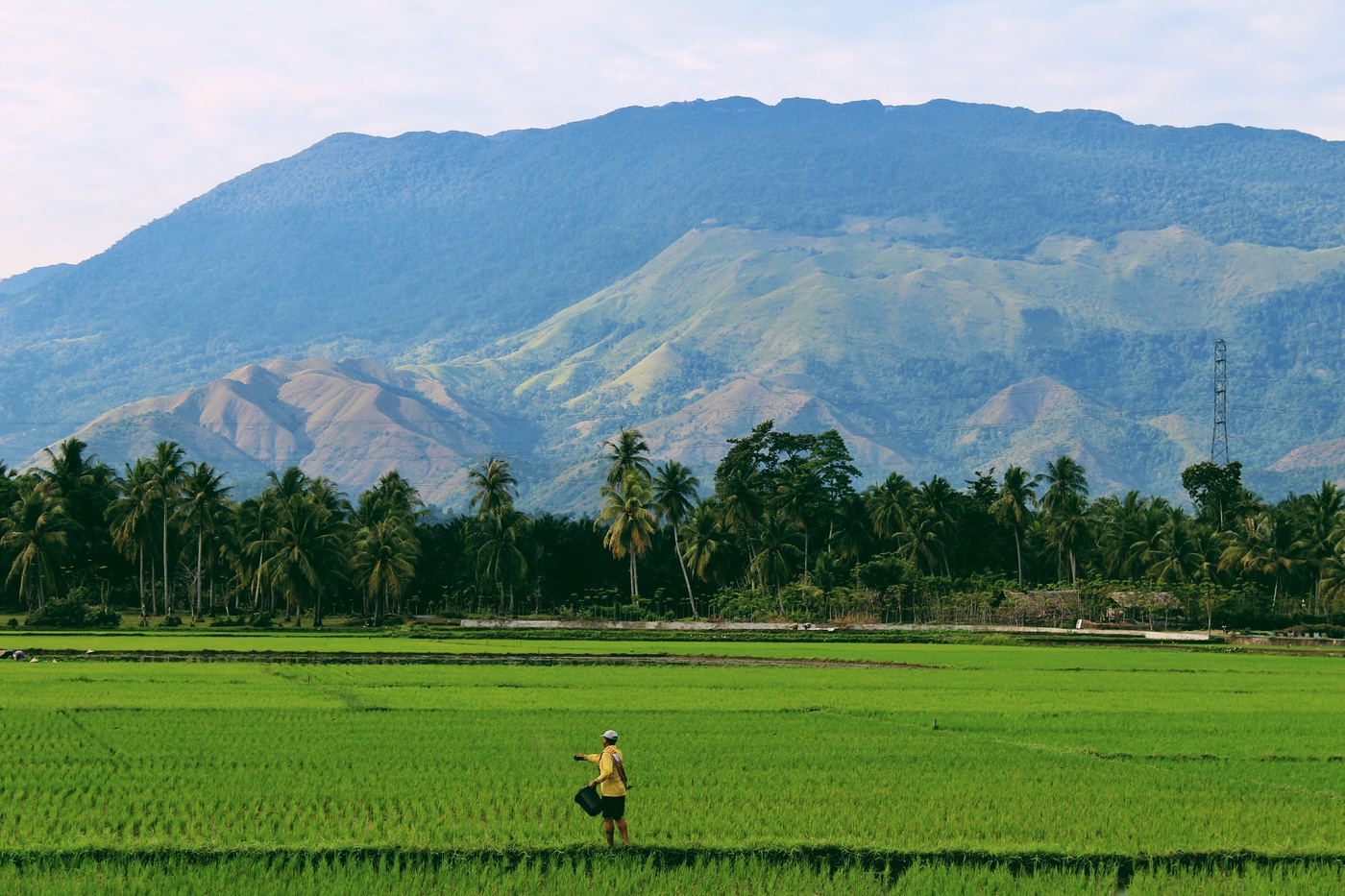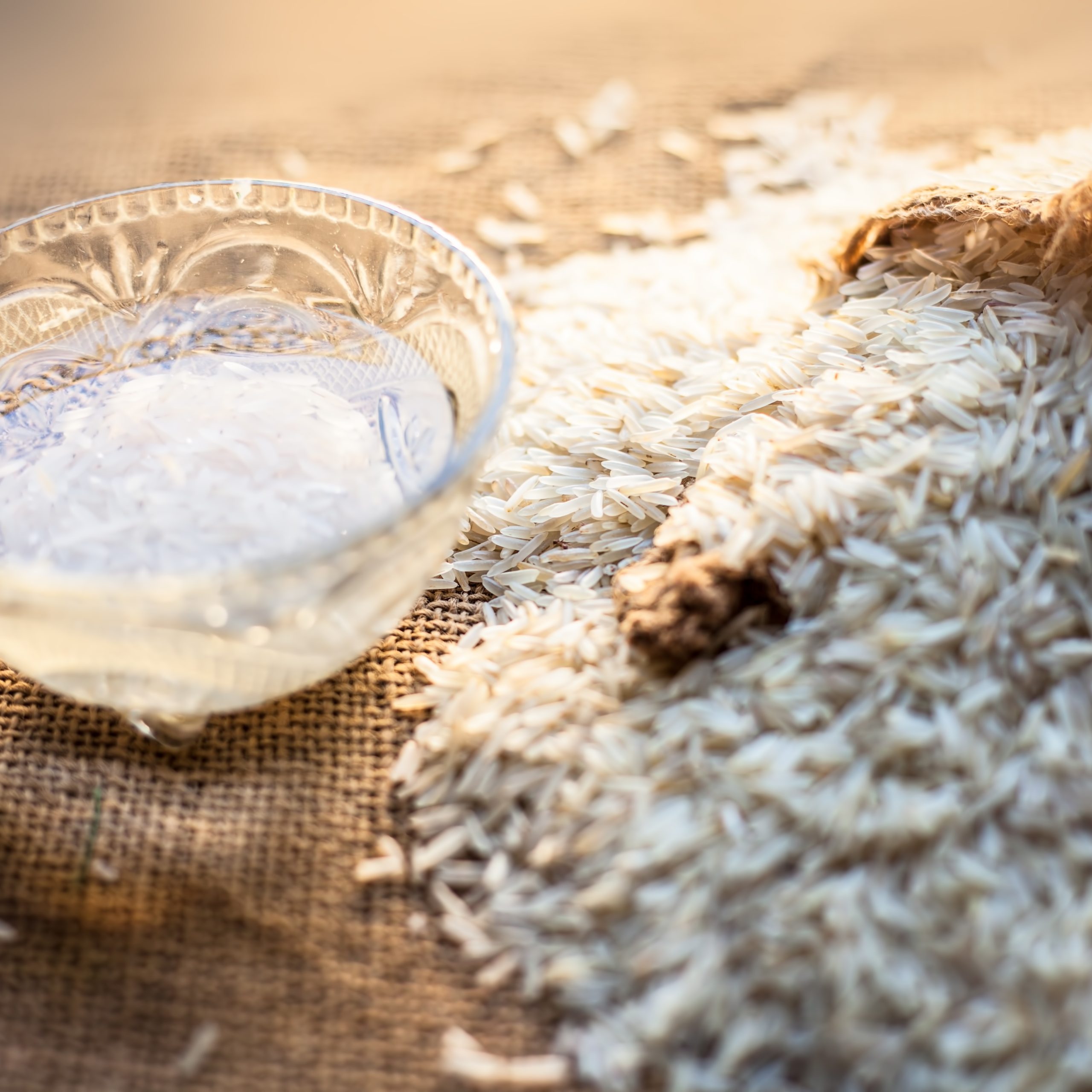Cuba faced agricultural crisis due to the shortages of seeds, fertilizer and fuel

Cuba’s once-thriving agricultural sector has seen a significant decline in crop production, as farmers confront shortages in essential resources like seeds, fertilizer, and fuel. Despite its fertile lands, the country now resorts to importing nearly all its primary food items, a stark increase from the already high 80% before the onset of the COVID-19 pandemic, based on official data.
An anonymous farmer from Artemisa, historically a key agricultural region in Cuba, described the dire situation. This farmer, once part of a state-supported cooperative, expressed frustrations over the lack of resources: “We have bad tractors. There is no fuel. We are not receiving oil or tires. We have to till the land with a team of oxen.” Additionally, infrastructural deficits in crop storage and marketing have further hampered production capabilities.
From 2019 to 2023, the country saw a 35% drop in agricultural output. Notably, sugar production, a national hallmark, plunged from 816,000 tons in the 2020-2021 season to 470,000 tons in the subsequent season. Similarly, foundational foods for the Cuban diet, like rice and beans, are now predominantly imported.
Economy Minister Alejandro Gil confirmed in September that the nation imports “practically 100 percent of family food essentials.” These agricultural challenges are exacerbated by a sluggish tourism industry recovery, stricter US sanctions since 2021, and rampant inflation – reported to be 45.8% in early 2021 and 39% in 2022, though some speculate the real figure to be in the triple digits.
The World Food Program’s representative, Etienne Labande, voiced concerns about potential food insecurity in Cuba, noting that the US embargo since 1962 has complicated import processes.
Monetary reforms in 2021 and the subsequent inflation have only worsened food access issues. The UN’s Food and Agriculture Organization defines food insecurity as a lack of consistent access to sufficient safe and nutritious food for healthy living.
While then-president Raul Castro initiated agricultural reforms in 2008 to bolster food production, experts like Cuban economist Pavel Vidal argue that without integrating market-driven principles, these changes might not yield positive results.
As of the first half of 2023, Cuba reported imports totaling $4.3 billion, with $1.6 billion allocated for food. In contrast, exports lagged at just $1.28 billion. Reflecting on the country’s reliance on imports, Minister Gil stated in July: “We cannot, with available land and the capacity to produce, (wait) for the rice ship to come from abroad, nor the bean ship.”
Source: RTL/AFP



